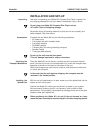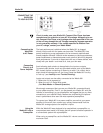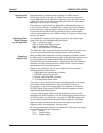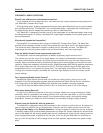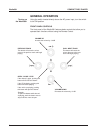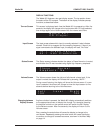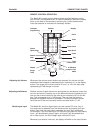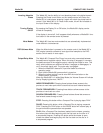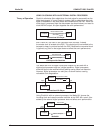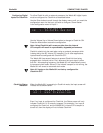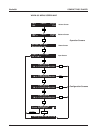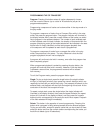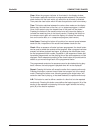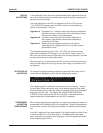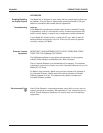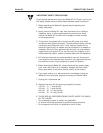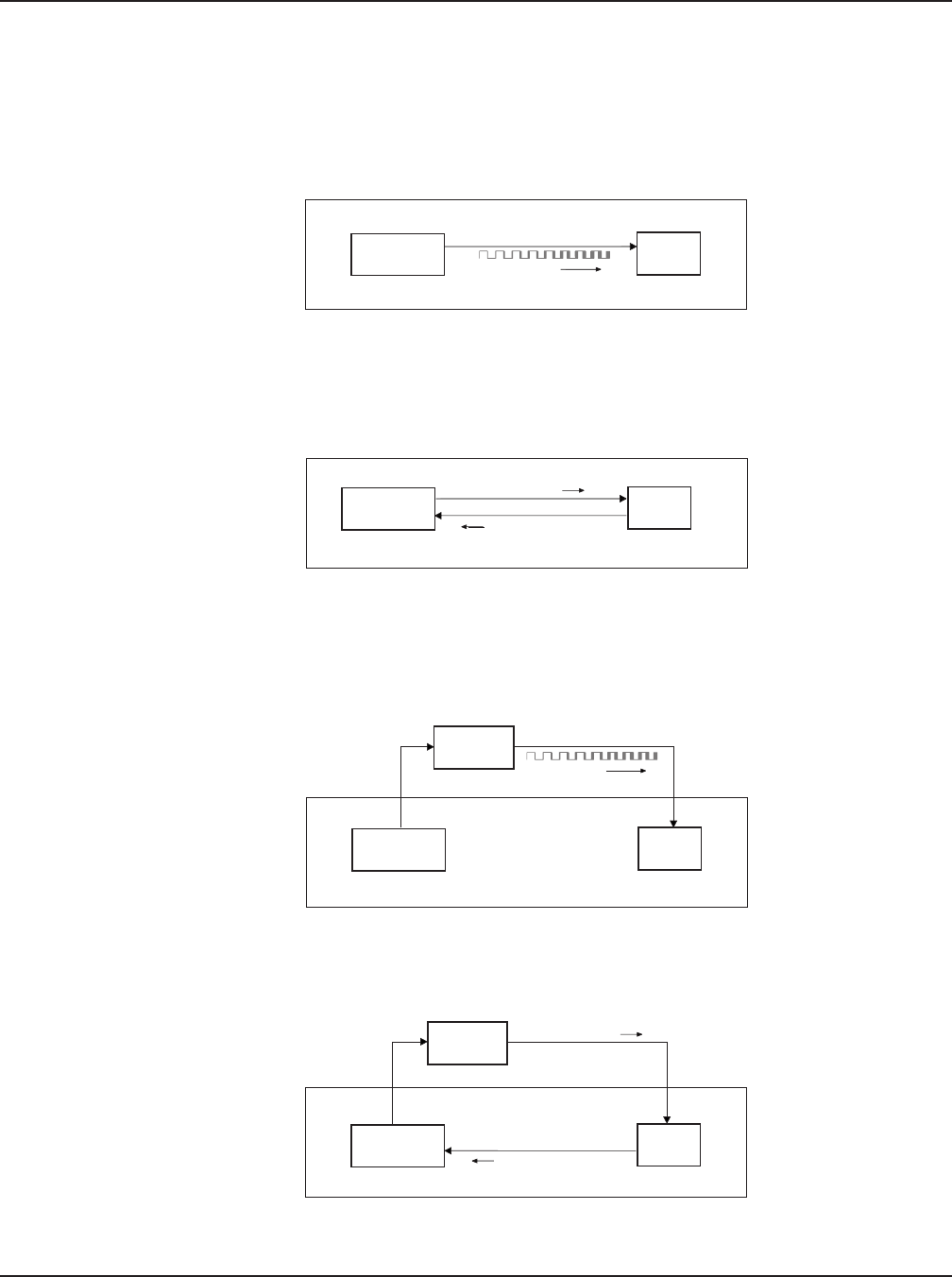
12
USING CLOCKLINK WITH AN EXTERNAL DIGITAL PROCESSOR
ClockLink eliminates jitter added when the clock signal is recovered from the
digital data stream. In a non-ClockLink system, jitter is added when the clock
signal is embedded in the data stream and transmitted to the DAC. When the
clock signal is recovered from the data stream (as shown below), and used to
clock the DAC output, this jitter degrades the sonic performance.
With ClockLink, the clock is not recovered from the data. Instead,
the master clock is located at the DAC. This clock signal is transmitted to the
transport to keep it synchronized with the DAC. Because the recovered clock
is ignored, any jitter on that signal does not affect the sonic performance.
The Wadia 861 with its digital inputs and outputs can be used with a
digital signal processor such as a digital equalizer. Digital processors
allow the signal to be modified without adding analog noise and distortion.
However, digital processors can add jitter, as shown below, causing
noticeable sonic degradation.
Using ClockLink with an external processor, the Wadia 861 ignores the
incoming clock and uses the master oscillator at the DAC. As a result, jitter
added by the external digital processor does not affect sonic performance.
Theory of Operation
DAC
Transport
Data to DAC
Clock to Transport
CD Player with ClockLink
Data and Clock to DAC
Jitter added
DAC
Transport
Conventional CD Player
Digital
Output
Digital
Input
Digital
Processor
DAC
Digital
Processor
Transport
Data to DAC
Clock to Transport
Wadia 861
Digital
Output
Digital
Input
DAC
Data and Clock to DAC
Jitter added
Transport
Conventional CD Player
Wadia 861 COMPACT DISC PLAYER



